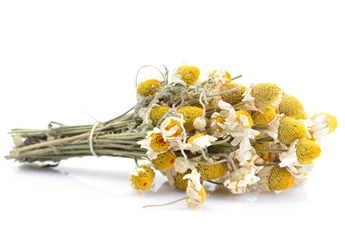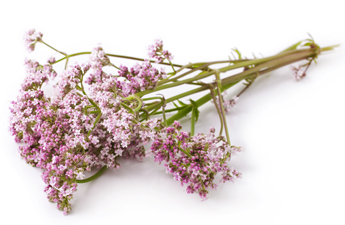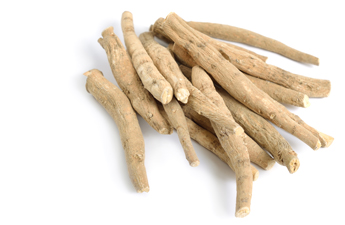Our Second Brain
Have you heard the saying ‘the gut is the second brain’? The huge advancements made in the scientific understanding of the gut and the gut microbiota (all the living organisms in the gut) in the past few decades have been astounding to say the least. Particularly interesting is the concept that the gut and brain are intricately linked and in fact, ‘talk’ to each other. This is known as the gut-brain axis (or gut-brain connection) and involves the bidirectional communication that happens between the gut and the brain. Furthermore, recent studies have shown that the gut microbiota influence this gut-brain axis. How truly fascinating that all those little critters in our guts are affecting not only our intestinal function and nutrient absorption, but also our moods and cognitive capabilities.
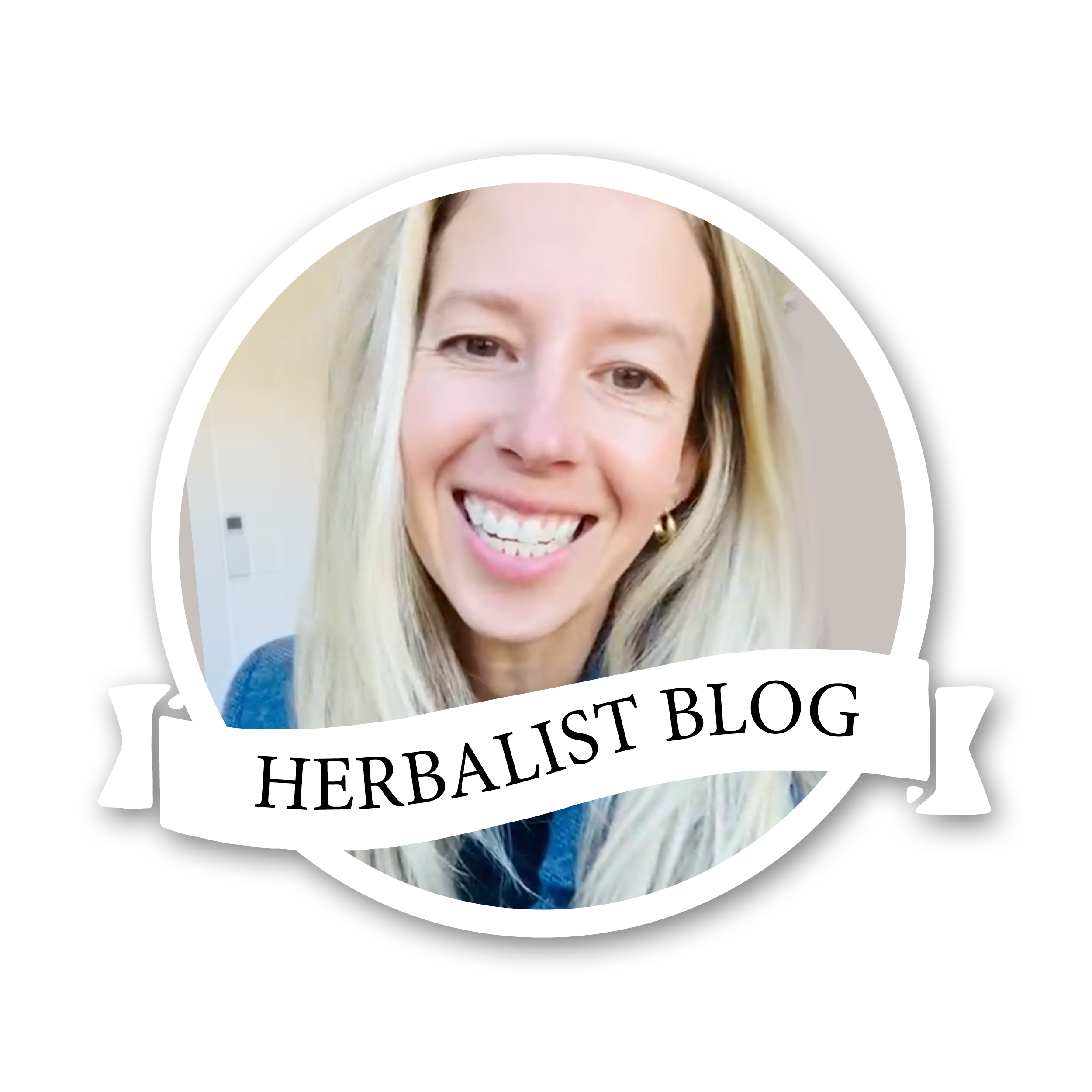
By Tamara Welsh, Happy Herbalist
Mind-Body Connection
Naturopathic philosophy has long supported the idea of mind-body connection and so these recent advancements in the scientific literature are beautifully affirming. You may have yourself experienced the direct link between stress and anxiety and gastrointestinal health (and vise versa).
Has a stressful situation ever sent you running to the bathroom? When stress triggers the fight or flight response, gastrointestinal motility is increased and digestive enzyme output is shut down in favour of supplying energy to the brain and muscles. I’ll always remember in my training, a wise and experienced herbalist telling me that for those people where ‘stress goes to their guts’, Chamomile is indicated and I have found this to be true in my clinical practice.

The impact of gut microbiota on mental health
What is perhaps a little harder to see in daily life is the impact that our gut microbiota is having on our mental health. Science is beginning to unveil the many ways in which the gut microbiome ecosystem and its diversity can affect our mental health. One way is via its ability to mediate the production of neurotransmitters such as serotonin and dopamine. Often these hormones are known as our ‘happy hormones’ as they promote mental wellbeing. Thus, if the gut microbiome is altered (known as dysbiosis) then we may become more vulnerable to mental health issues such as depression and anxiety.

How to support your gut microbiota
Certainly, as a society the incidence of these mental health issues is increasing. Alongside this, our gut microbiota is also under constant threat. The gut microbiota can be altered by diet, toxins, stress, environment, antibiotics and medications and illnesses. Some of these factors may be out of our control, however focusing on those that can be changed can make a big difference to gut health and therefore mental health.
-
Fibre
Our gut microbes love to live off fibre (prebiotics) and eating a broad range of different fibres from many different plants can help to boost microbiome diversity.
-
Polyphenols
Polyphenols in particular are a chemical compound found in plants that have prebiotic activity and ability to beneficially modify intestinal microbiota.While many plants contain polyphenols some of the richest polyphenol containing plants include cocoa, green tea and Matcha green tea, blueberries, turmeric, moringa, spirulina and pomegranate. Including these liberally in the diet can help to support a robust gut microbiome.
-
Prebiotics
Another favourite herb with prebiotic activity is the popular Slippery Elm powder. Slippery elm is a mucilage containing herb which refers to compounds like gums that form gelatinous solutions when mixed with water. Mucilage is therefore considered a water-soluble fibre and is often prescribed to decrease inflammation in the gut while supporting the gut microbiome.
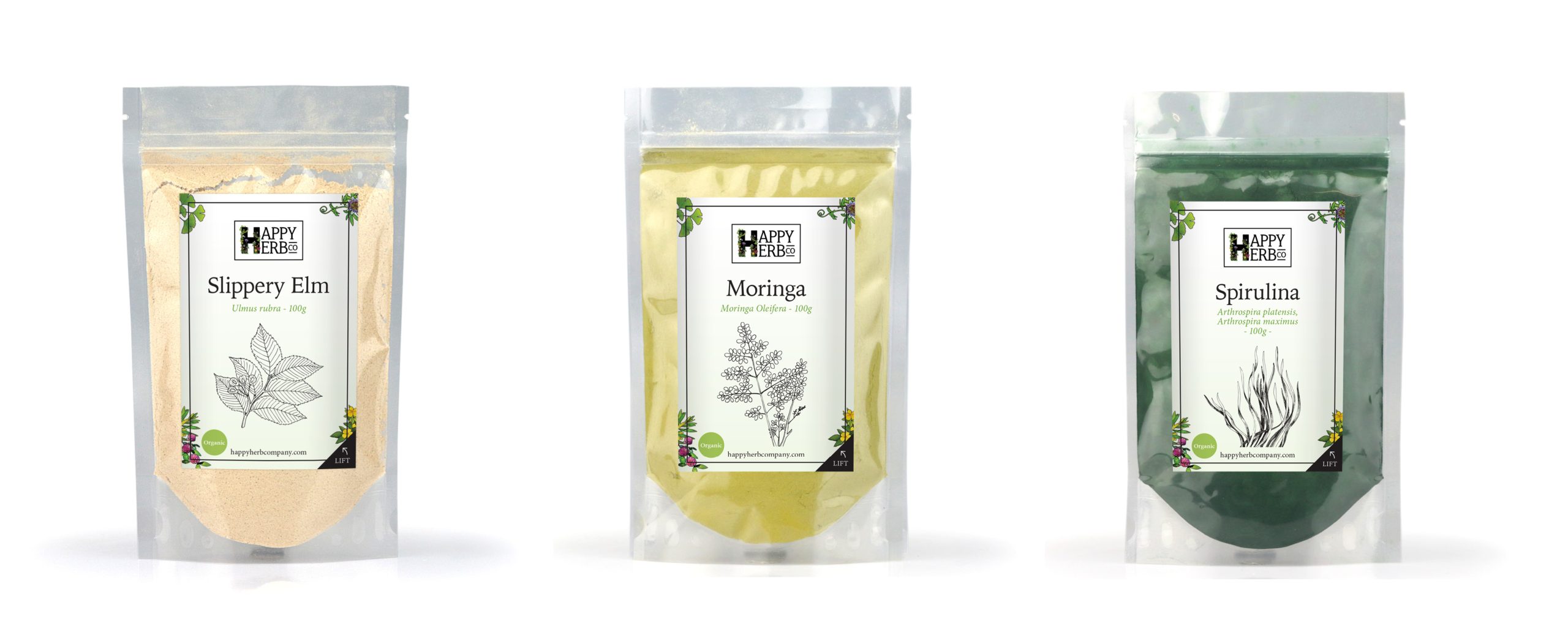
Impacts of stress on the microbiome
Stress is another clear factor that can affect our mental health directly and also via its impacts on the gut microbiota which is sensitive to stress and stress mediators. Although the exact mechanisms are still mostly unknown, data suggests that stress, whether acute or chronic, creates a dysbiotic gut microbiome which then may induce anxiety and depression. Thus, focusing on reducing stress and the stress hormones released by the body in chronic stress, is important in supporting a healthy gut microbiome. Two of the key herbs to consider are the adaptogenic herbs Rhodiola and Ashwagandha which allow the body to better adapt to stress and stress hormones.
While there is still so much to learn in this exciting space, it is clear that supporting the health and diversity of the gut microbiota which in turn influences the chatter between the gut and brain is crucial when considering our mental health. Are you looking after your gut and the many microbes that live there?
References
Carabotti M, Scirocco A, Maselli MA, Severi C. The gut-brain axis: interactions between enteric microbiota, central and enteric nervous systems. Ann Gastroenterol. 2015 Apr-Jun;28(2):203-209. PMID: 25830558; PMCID: PMC4367209.
Wilson DR, Binford L, Hickson S. The Gut Microbiome and Mental Health. J Holist Nurs. 2023 Apr 20:8980101231170487. doi: 10.1177/08980101231170487. Epub ahead of print. PMID: 37082808.
Xu M, Xu X, Li J, Li F. Association Between Gut Microbiota and Autism Spectrum Disorder: A Systematic Review and Meta-Analysis. Front Psychiatry. 2019 Jul 17;10:473. doi: 10.3389/fpsyt.2019.00473. PMID: 31404299; PMCID: PMC6673757.
Also by The Happy Herbalist
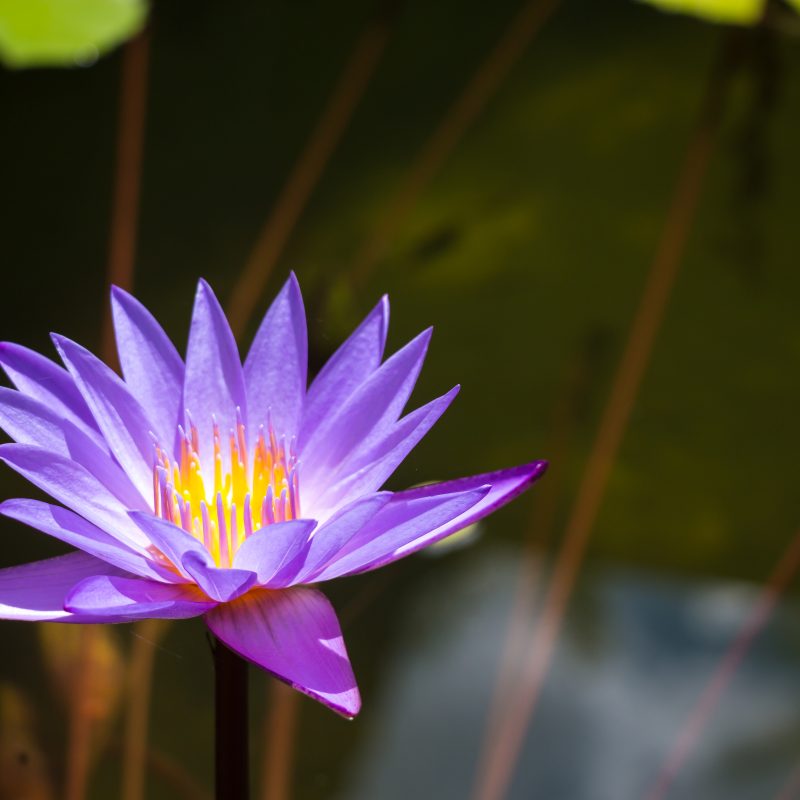




 Nextwave
Nextwave